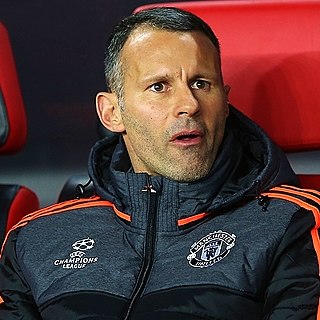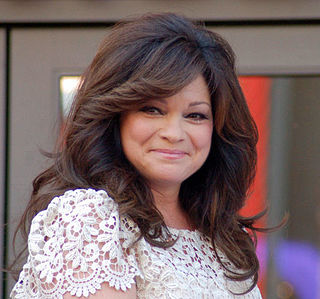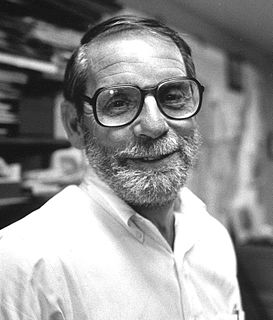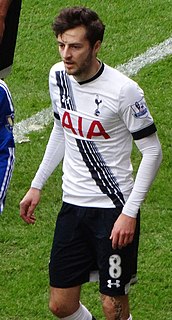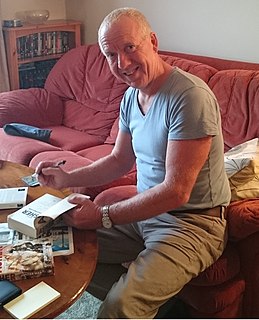A Quote by Ryan Giggs
I think after a big European game you're looking at four or five days. For two days afterwards I don't really do anything. I do a recovery the next day, which is bike work, a light stretch, some yoga and an ice bath after that. Then the second day I would just do the bike again for 20 minutes and then do some strides, which is box to box, just eight of them, just to get the legs going and the blood going again.
Related Quotes
Anybody can have this body if you do enough sit-ups and you just make a decision that 'Every day, I'm going to work out.' There are some days that I just don't feel like doing it, and I don't. But more often than not I get up and I get on the treadmill that I want to shoot and just do it. The first 20 minutes are the hardest.
I work out a lot, but it changes day to day. I always start out with some cardio - either a jog, a bike ride, or footwork drills designed specifically for tennis movement. Then I do weights, but I switch the days: one day it's upper body, the next day it's lower body. Then I do stomach and back pretty much every day.
If I have a bad hair day, I just think, Well, it will be an OK hair day tomorrow. Just put your head down and go. Life is a bit like being on a roller coaster, which is, You get on and there's no stopping along the way. There are some days when you feel like this is pretty tough, and there are the days that are exhilarating, but you just keep on going.
Nerves are always a big problem for me, which is why I loved doing American sitcoms. Because you know when you do the take in front of the audience that you're going to do it again afterwards. A minute after you finish, you just go and do it again. So, there's that sort of safety net. And then if you made a little mistake or two, they'll go pick it up, so there's nothing to worry about.
On a certain scale, it does look like I do a lot. But that’s my day, all day long, sitting there wondering when I’m going to be able to get started. And the routine of doing this six days a week puts a little drop in a bucket each day, and that’s the key. Because if you put a drop in a bucket every day, after three hundred and sixty-five days, the bucket’s going to have some water in it.
If you're going to go into the movie business it is so full of heartbreak and you get so close and it doesn't happen and then once in a while it works out and it is the fantasy, like it is that dream. So riding the highs and lows of it you got to have an iron constitution and you got to be able to do what David Dinkins actually one said - "Well you know some days are good, some days are bad, but anytime there is a bad day I know the next day is going to be good and vice versa, so you just can't put too much stock in that moment."
We talk of globalization, and how much money is needed for the education of children in the world, their liberation and rehabilitation just $9 billion which is four days of military expense. Just four days. Nine billion dollars is nothing. But what Americans spent on ice cream just 20 percent of this. One fifth of what you spend on ice creams could bring the children out of the clutches of their masters and put them to school.
When I get started each day, I read through and correct the previous day's 2,000 words, then start on the next. As I reach that figure, I try to simply stop and not go on until reaching a natural break. If you just stop while you know what you're going to write next, it's easier to get going again the next day.
If there is something that you have to do, resist the temptation to do it under duress. Ask yourself, "What's the worst thing that would happen if I didn't do this?" And if you can get away with not doing it at all, don't do it. And then imagine what would it feel like to have this done. Spend a day or two, if you can, just 15 minutes here, 5 minutes here, 2 minutes here, here and here, imagining it completed in a way that pleases you! And then, the next time you decide that you're going to take action about it, the action is going to be a whole lot easier.
Even after I had just done Twilight, which made $400 million at the worldwide box office, I could not get financing for three or four projects that I really loved and I thought people would love because they didn't fit some studio or investor's model of thinking, "This will definitely make money." It's a business and a film does potentially cost millions of dollars, and they have to think that they're going to get their money back somehow.
